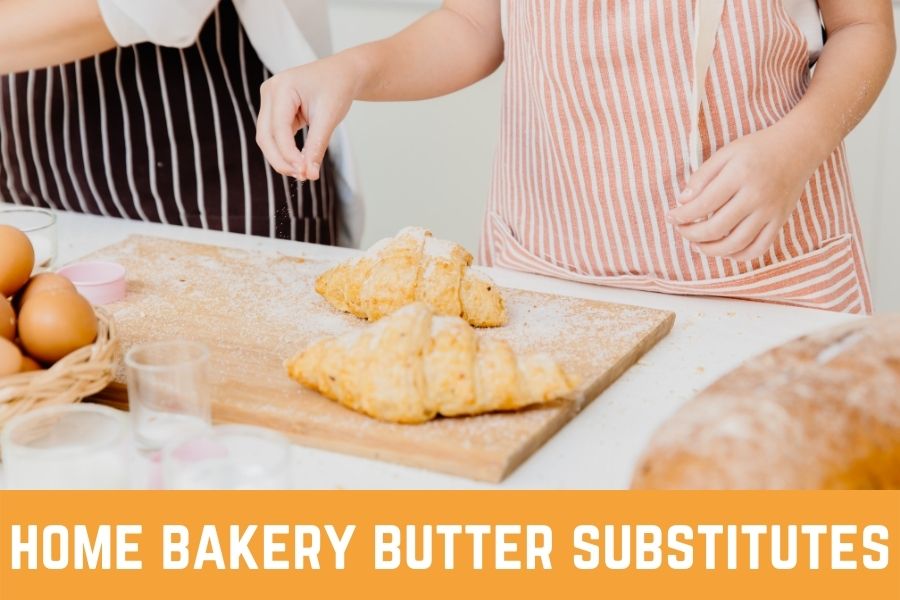Home bakers make it easy to enjoy freshly baked bread at home.
All you have to do is add the ingredients, press the button, and wait for the bread to be baked.
The home baker is such a convenient appliance, but when baking bread, butter is essential.
But when you check your refrigerator, you may find that you are out of butter! But when you check your refrigerator, you may find that you are out of butter!
In this article, we’ll introduce you to some butter substitutes for your home baker.
We hope you will find them useful.
6 substitutes for butter
Substitute for butter in-home bakery 1: Olive oil
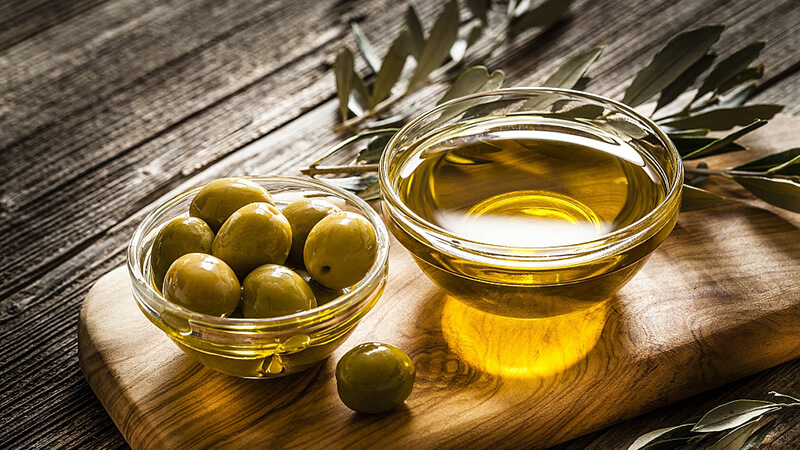
Olive oil is popular as a non-fattening oil and is good for both beauty and health, so many people probably have it on hand at home.
Some bread is made with olive oil, so you can use it as a substitute for butter to bake bread without any problems.
When using olive oil as a substitute for butter, some people may wonder, “Won’t the amount change? However, you only need to add the same amount as butter, so there is no need to change the amount.
One thing to keep in mind is that using liquid olive oil will crush the air bubbles in the bread dough, which is the source of the puffiness, so the bread will be moist rather than fluffy.
Substitute for butter in home baking 2: Margarine
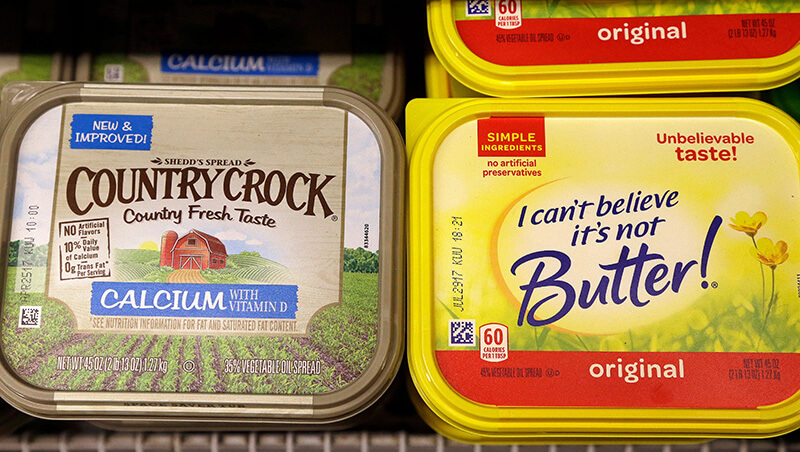
Margarine, which is often used as a substitute for butter, can also be used to bake bread in a home baker.
Many inexpensive breads sold in supermarkets use margarine instead of butter, so there is nothing wrong with using margarine, and you can make bread with it.
There is nothing wrong with using margarine, and it makes good bread.
One thing to keep in mind is that when you use margarine, you can’t expect the strong aroma of butter that you get from a bakery.
Substitute for butter in home baking 3: Shortening
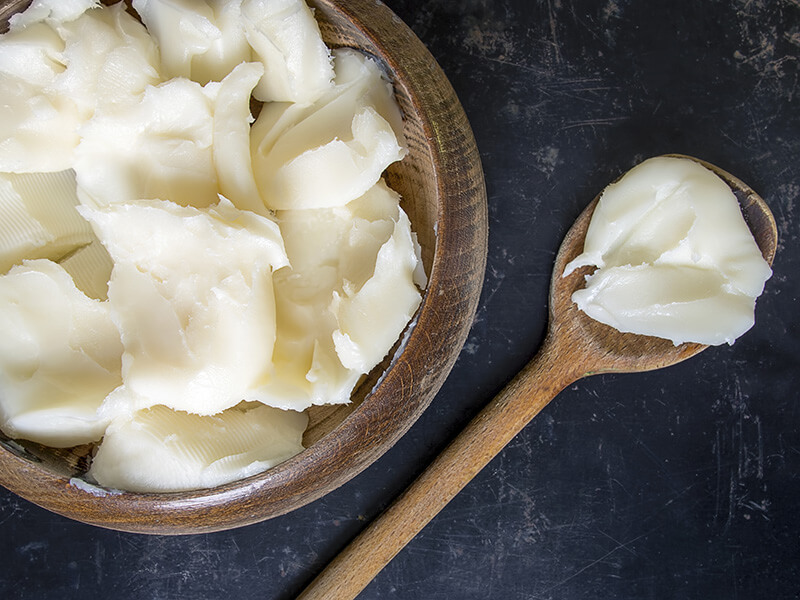
Shortening can be used to bake bread with a light texture.
You can use the same amount of shortening as you would use butter.
When using shortening, you can bake bread that is crispy rather than fluffy on the surface, and light and crunchy on the inside.
One thing to note is that shortening is tasteless and odorless, so it has no aroma.
This makes it an unsuitable substitute for those who want the aroma of butter.
Substitute for butter in home baking 4: Salad oil

You can also bake bread with salad oil, which is always available in every home.
It is inexpensive, and if you buy it in large bottles, you can use it for just about anything.
When using salad oil, the amounts are the same as for butter, so just replace the butter with salad oil and follow the recipe.
The texture of bread made with salad oil is more like that of hard bread. Therefore, some people may find it a bit dry.
One thing to keep in mind is that salad oil is a liquid, so its puffiness is inferior to that of butter.
It can also be difficult to expect softness due to its low puffiness.
However, it is possible to make it softer and less dry by adding more water, so you may want to adjust the amount a little at a time according to your taste.
Substitute for butter in home baking 5: Coconut oil
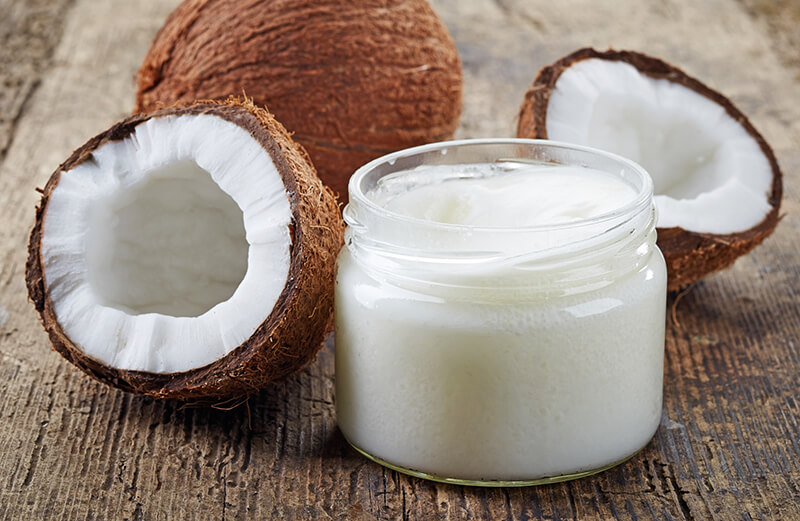
Coconut oil is popular among women for its beauty and health benefits and is a very convenient oil that can be used in a variety of dishes.
By using coconut oil as a substitute for butter, you can make baked goods that are good for you and taste great.
When using coconut oil, you can use the same amount as butter, so there is no need to adjust the amount.
Bread made with coconut oil will be crispy on the surface and soft and fluffy on the inside.
Coconut oil is not habit-forming, so it can be used not only freshly baked, but also baked, fried, and many other dishes.
Coconut oil comes in both liquid and solid forms, but it is best to use the solid form.
Choosing the solid type will prevent it from puffing up and help you make delicious bread.
Substitute for butter in home baking 6: Thick white sesame oil
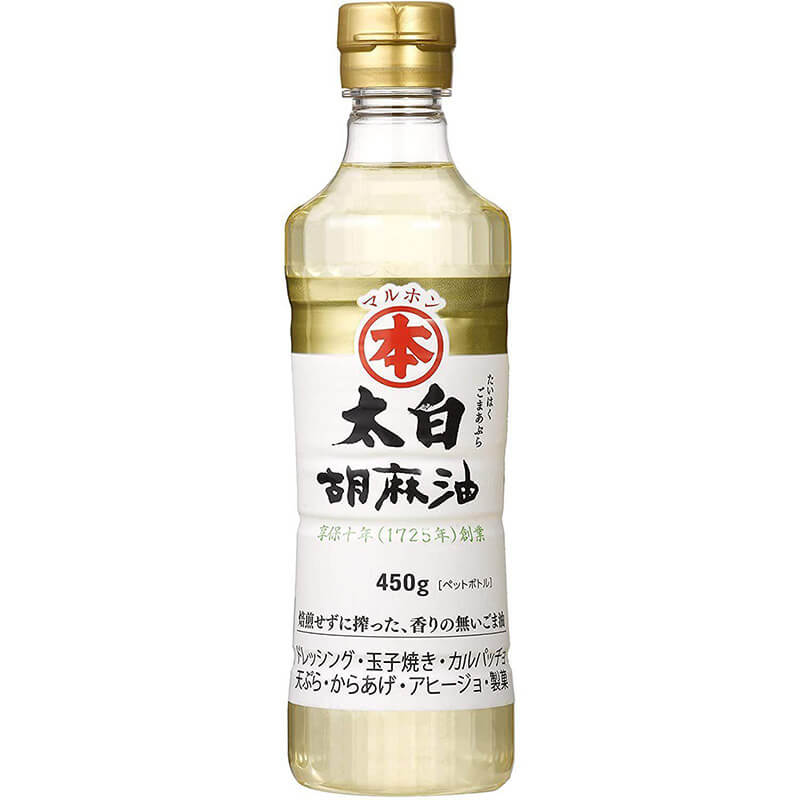
Thick white sesame oil is light and does not have a strong aroma, so even people who do not like sesame oil can bake bread that is easy to eat.
There is no need to change the amount of butter when using it, but because it is in liquid form, the baked product will end up less puffy than butter.
However, although white sesame oil is expensive, it is very good for health and beauty.
Advantages of Using Substitutes
Of course, bread made with plenty of butter is delicious, but there are many advantages to using substitutes that are not found when using butter.
Cost reduction
The first and foremost benefit is that you can cut costs.
Butter varies from type to type, but since it is relatively effective, most people probably don’t buy it regularly.
Of course, butter has a better aroma and flavor, but some substitutes will give you the same result as using butter, so by using them properly, you can make the same delicious bread as usual while lowering the cost.
Cut Calories
Butter is very high in calories, and since bread is a carbohydrate, it is an enemy of diets.
However, you can reduce the calories by using less fattening substitutes such as olive oil.
You can still make good bread without butter
You may think that butter is a must when baking bread in a home baker. But in fact, you don’t need to use any oil to bake delicious bread.
In addition to oil, you can also bake without sugar, so you can reduce calories while keeping the sugar content down.
However, when baking without butter or other oils, you will need to adjust the amount of water added.
It may be difficult to bake a perfect loaf of bread at one time, but you can achieve the ideal bread by repeating the process several times.
Incidentally, bread baked without butter will be moist and sticky because of the high water content.
Summary
- Olive oil makes a flavorful and chewy bread.
- Margarine can make bread that is closest to butter.
- If you like a crispy texture, shortening is recommended.
- Salad oil is easy to use if you have it at home.
- If you like coconut, you can use coconut oil for a sweet smell and delicious taste.
- Thick white sesame oil has few peculiarities and has a great effect on women.
- You can expect to cut costs and calories by using substitutes.
- Depending on the amount of water added, it is possible to make bread without using any oil such as butter.
